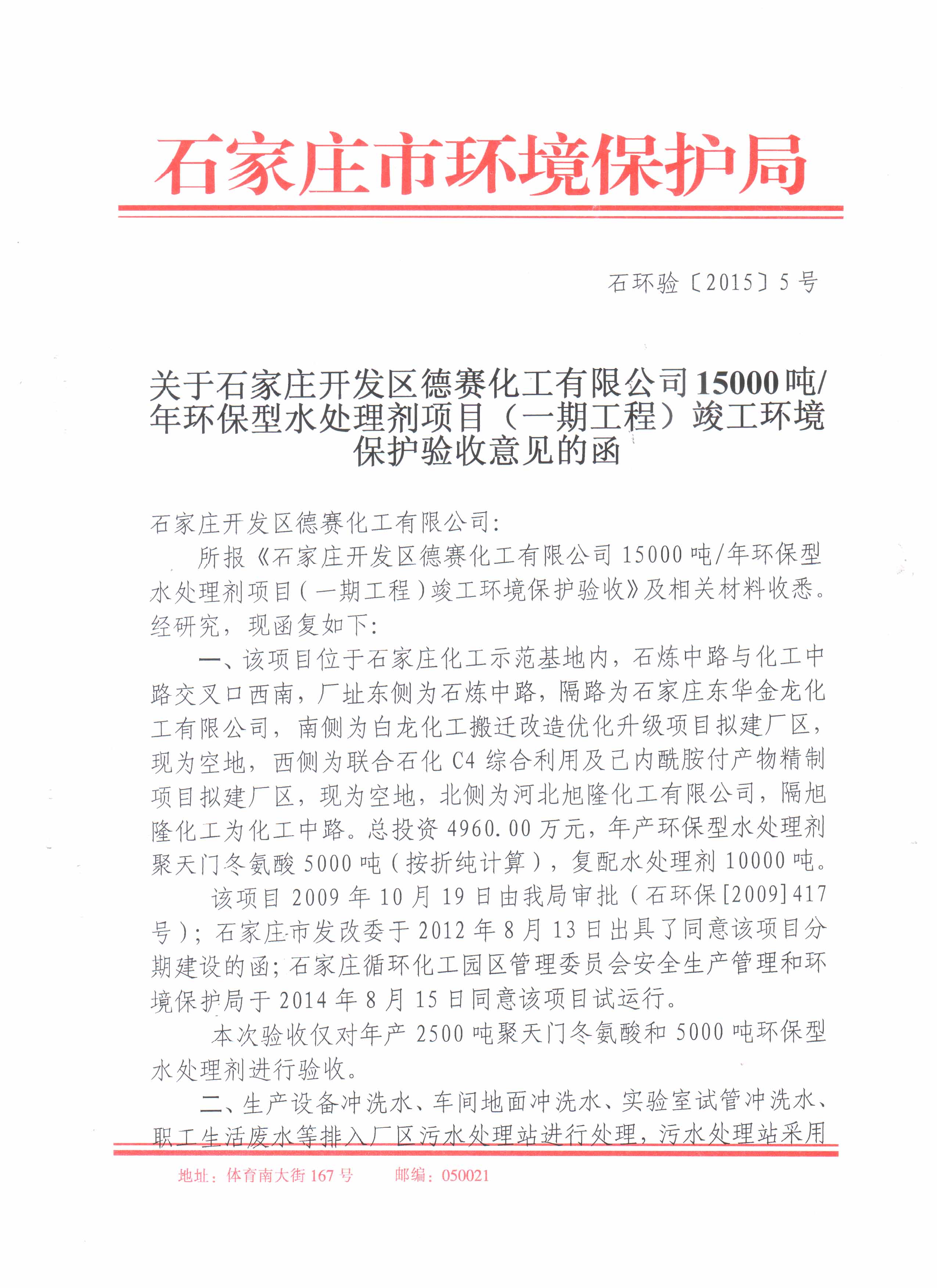
News
Říj . 12, 2024 18:07 Back to list
Bespoke Citrus Micronutrient Fertilizer for Enhanced Growth and Yield
Custom Citrus Micronutrient Fertilizer Optimizing Growth and Yield
Citrus fruits, such as oranges, lemons, limes, and grapefruits, are well-loved not just for their refreshing taste but also for their nutritional benefits. However, to ensure that these fruits thrive, it is crucial to provide them with an appropriate nutrient environment. Among the essential nutrients are micronutrients—elements that, although required in smaller amounts, play a vital role in the growth and health of citrus trees. The development of a custom citrus micronutrient fertilizer can significantly enhance the yield and quality of citrus crops.
Understanding Micronutrients
Micronutrients include a variety of essential elements such as iron, manganese, zinc, copper, boron, molybdenum, and chlorine. Each of these plays a unique role in plant health. For instance, iron is critical for chlorophyll synthesis and electron transport, whereas zinc is vital for enzyme function and protein synthesis. Boron contributes to cell wall formation and reproductive health. A deficiency in any of these micronutrients can lead to a range of physiological disorders, reduced fruit yield, and impaired quality.
Assessing Nutritional Needs
Before formulating a custom citrus micronutrient fertilizer, it is essential to assess the specific nutritional needs of the soil and the citrus varieties being cultivated. Soil testing can determine the existing nutrient levels and identify deficiencies. Local climate, soil type, and the growth stage of the trees also influence the types and amounts of micronutrients required. By understanding these factors, farmers and agronomists can create a tailored fertilizer that meets the specific requirements of their citrus crops.
Formulation of Custom Fertilizers
The formulation of a custom micronutrient fertilizer involves selecting the appropriate micronutrient elements and determining their ratios based on the soil test results. Fertilizer manufacturers can create specialized blends that suit the unique needs of different citrus varieties. For instance, some citrus trees may require higher levels of zinc, while others may benefit from increased boron. In addition to relying on typical micronutrients, incorporating organic materials such as compost or seaweed extracts can enhance the bioavailability of nutrients, promoting healthier root development and higher resilience to environmental stressors.
custom citrus micronutrient fertilizer

Application Methods
The effectiveness of micronutrient fertilizers largely depends on the application method. Several methods can be employed, including foliar spraying, soil application, and fertigation (fertilization through irrigation). Foliar application allows for quicker absorption of nutrients directly into the leaves, making it particularly effective for correcting micronutrient deficiencies that manifest as leaf chlorosis or poor fruit set. Soil application, on the other hand, can improve overall soil health and enhance root nutrient uptake over time.
Benefits of Custom Micronutrient Fertilizer
The use of a custom citrus micronutrient fertilizer offers numerous benefits. Firstly, it improves nutrient efficiency, allowing for enhanced growth and productivity. Secondly, tailored fertilizers contribute to higher fruit quality, ensuring that the fruits are not only abundant but also rich in flavor and essential nutrients. Furthermore, by addressing specific deficiencies in the soil, growers can help prevent disease, minimize pest issues, and enhance overall plant resilience.
Sustainable Practices
In today's agriculture, sustainability is a critical goal. Implementing custom micronutrient fertilizers aligns with sustainable farming practices by ensuring that the correct nutrients are supplied only where needed, thereby reducing waste and minimizing environmental impact. Moreover, many manufacturers are coalescing traditional agricultural practices with modern technology, utilizing precision agriculture techniques to apply micronutrients efficiently, further promoting the sustainability of citrus farming.
Conclusion
In conclusion, the formulation and use of a custom citrus micronutrient fertilizer can have a significant impact on the growth, yield, and quality of citrus crops. By understanding the unique nutritional needs of citrus trees and adopting tailored fertilizer practices, growers can optimize their production and contribute to a more sustainable agricultural future. As the demand for healthy and delicious citrus fruits continues to grow, investing in the right micronutrient solutions is not just beneficial—it is essential for success in citrus cultivation.
-
OEM Chelating Agent Preservative Supplier & Manufacturer High-Quality Customized Solutions
NewsJul.08,2025
-
OEM Potassium Chelating Agent Manufacturer - Custom Potassium Oxalate & Citrate Solutions
NewsJul.08,2025
-
OEM Pentasodium DTPA Chelating Agent Supplier & Manufacturer High Purity & Cost-Effective Solutions
NewsJul.08,2025
-
High-Efficiency Chelated Trace Elements Fertilizer Bulk Supplier & Manufacturer Quotes
NewsJul.07,2025
-
High Quality K Formation for a Chelating Agent – Reliable Manufacturer & Supplier
NewsJul.07,2025
-
Best Chelated Iron Supplement for Plants Reliable Chelated Iron Fertilizer Supplier & Price
NewsJul.06,2025
